Earlier this week, I spoke with Aubrey Sitterson, veteran comics creator and publisher of Atlantis Still Sunk here on Substack, about the power of comics as a medium, artistic expression, and what makes for truly original creative work.1
The Power of Comics as a Medium "Comics is not a good medium for depicting real life. It's a great medium for expression and open-ended expression and depicting things in a way that Kandinsky would describe as the spiritual." We began by discussing Dave Sim's Cerebus2 as an example of comics' potential. Starting as a simple Conan parody, it evolved into a complex, formally innovative work that demonstrated the medium's capacity for artistic freedom and evolution. Sitterson emphasized how comics allow for creative exploration in ways other mediums can't match.
Creating Original Work "What people want from art, whether they want to admit it or not, is an idiosyncratic voice. They want something unique. They want something different." Our discussion highlighted the importance of developing authentic creative voices. Drawing an unexpected parallel between Dave Sim's Cerebus and Vince McMahon's WWE, we explored how complete creative control can lead to both fascinating successes and notable failures, while always remaining compelling.
Art and Artist Separation "I'm a big art/artist separation guy... especially if your interest is idiosyncratic work, you're going to find some unusual people. The people who make fascinating, weird work can turn out to be monsters." We discussed the complex relationship between creators and their work, acknowledging that many influential artists have problematic personal lives or beliefs. Sitterson argued that appreciating creative work while being aware of its creators' flaws is not only possible but necessary, as trying to only consume art from morally pure creators is ultimately impossible in our complex world.
The Research Problem "Comic book writers can be really bad about research... I'll see people post, 'Oh, alright, I'm researching my new comic.' And it's like a stack of DVDs and other comic books. And I'm thinking, well, how is that research?" Sitterson emphasized how true creativity requires looking beyond one's chosen medium. He criticized the common practice of creators only studying similar works, arguing instead that authentic creativity comes from engaging with diverse sources and real-world experiences.
Art vs. Representation "People have come around on Rob [Liefeld] a little bit over the years... but there was a period when Rob was really denigrated and looked down upon because 'he doesn't draw feet' and 'the storytelling's no good' and 'the costumes don't make any sense.'" We explored different approaches to comic art, from Rob Liefeld's extreme 90s style to Alex Ross's Rockwellian painted work, discussing how different artistic choices serve different storytelling purposes and how formal "rules" in comics can sometimes hinder creativity.3
The Future of Comics "The barrier to entry for comics is exceptionally low... And it provides for us a level of freedom that is not found in other visual art forms." We concluded by discussing how modern platforms like Kickstarter and social media have changed the landscape for creators. While these changes present new challenges, comics remain uniquely accessible as a medium for creative expression, allowing anyone with the drive to create to share their vision with the world.
BUY AUBREY’S COMICS AT COLLECTOR’S PARADISE
SUGGESTED READING
“Every Fight Scene Should Be More Like Ultraviolent Anime”
“BEEF BROS Gives Us the Leftist Superheroes We Need”4
SUGGESTED LISTENING
This is a must-listen. One of my favorite interviews in years!
The whole series is available for free on the Internet Archive. Ours is an age of wonders.
For a host of reasons, The Walking Dead creator Robert Kirkman is an admirer of Liefeld’s work.
The pair of stories we mentioned that my friend Ian Douglass wrote based on his interview with Marvel veteran Tom Brevoort are worth checking out as well: “Exactly How Strong Thor and Every Other Avenger Is, According to Marvel” for MEL and “Playing in the Marvel Sandbox” for Splice Today.

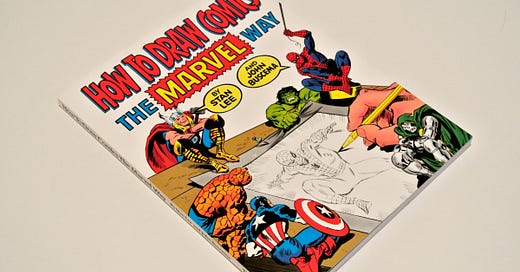





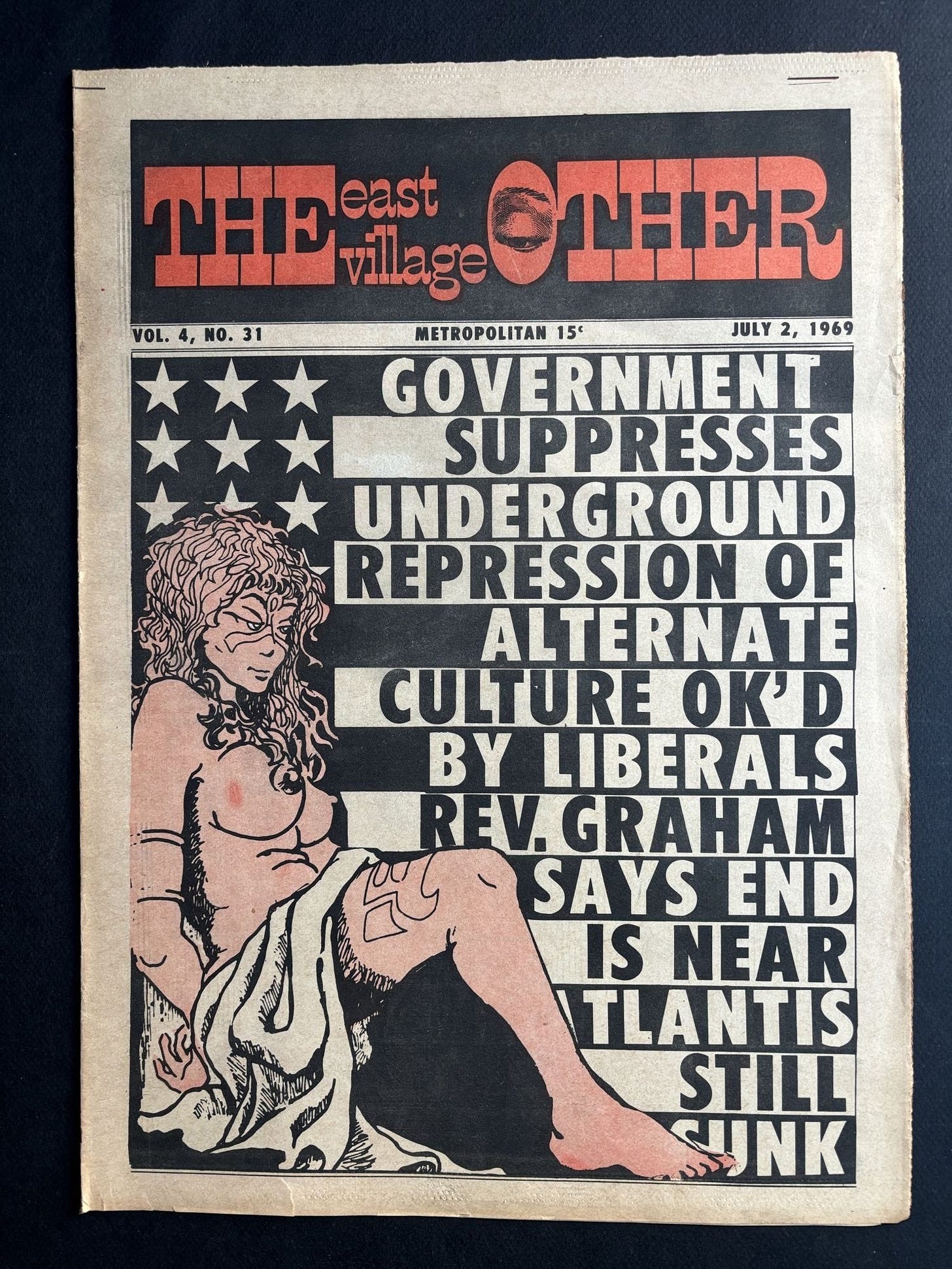
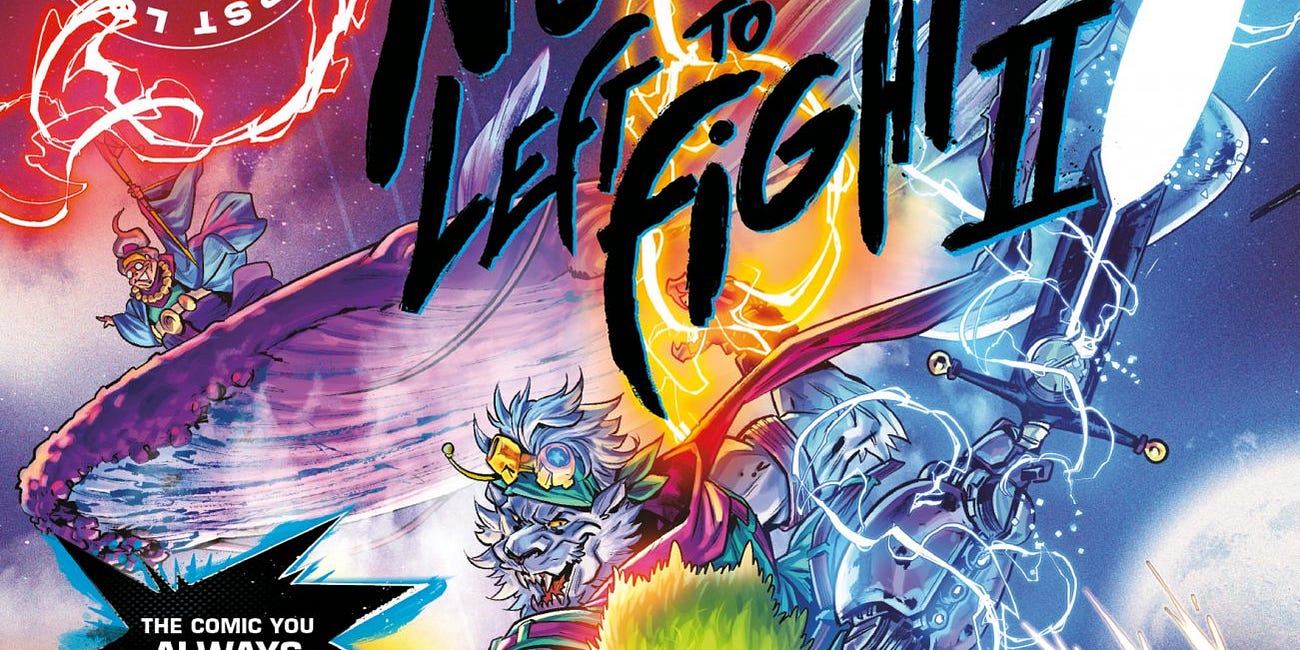


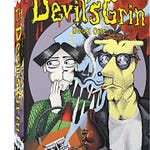


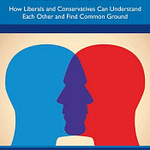
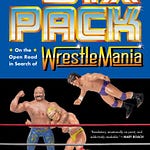

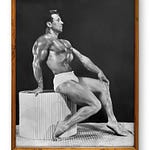
Share this post